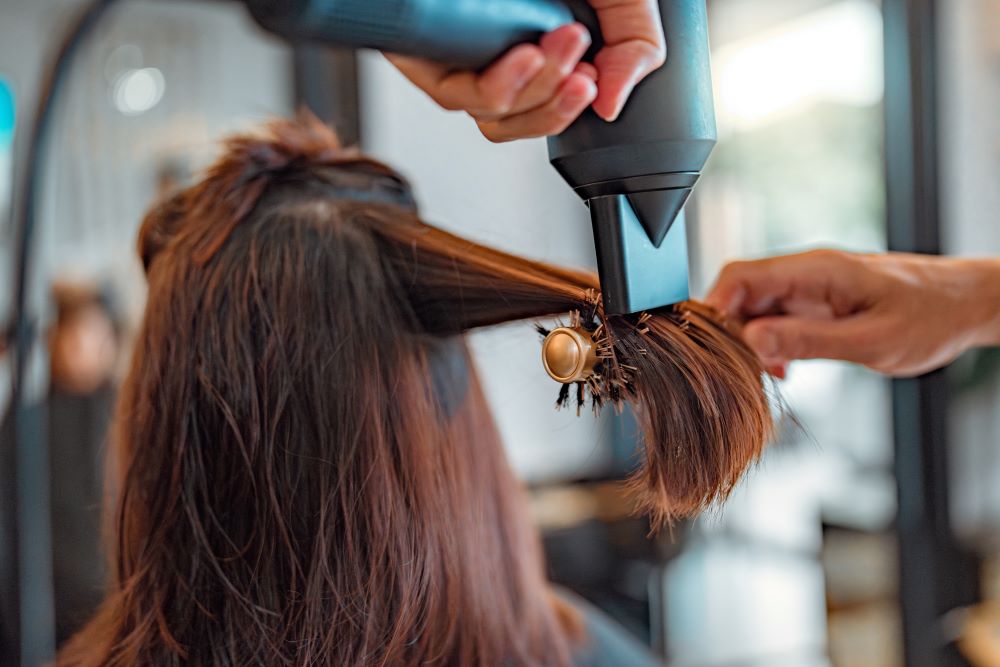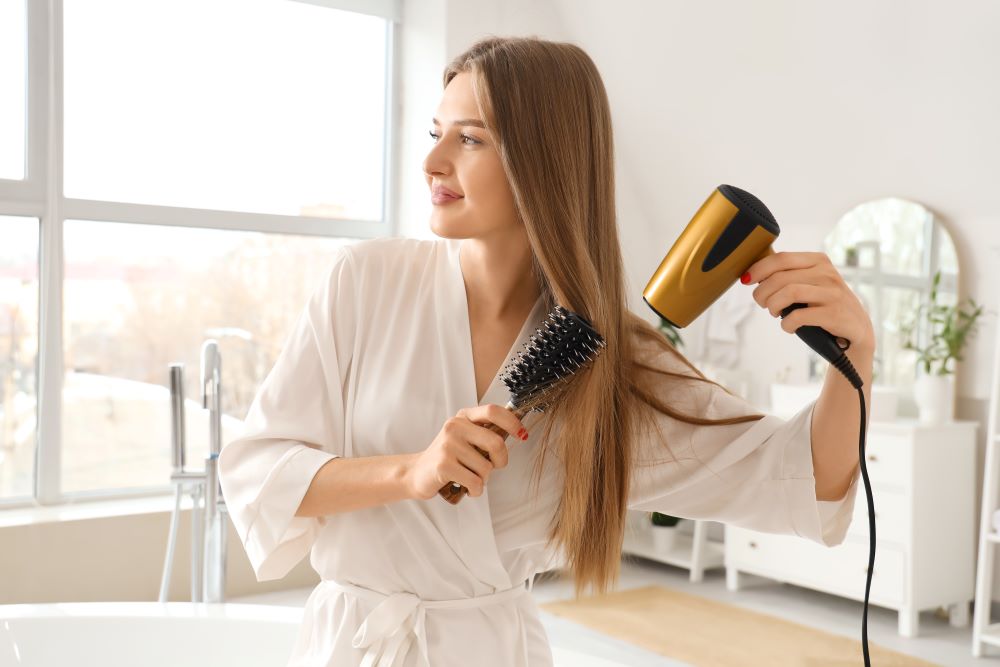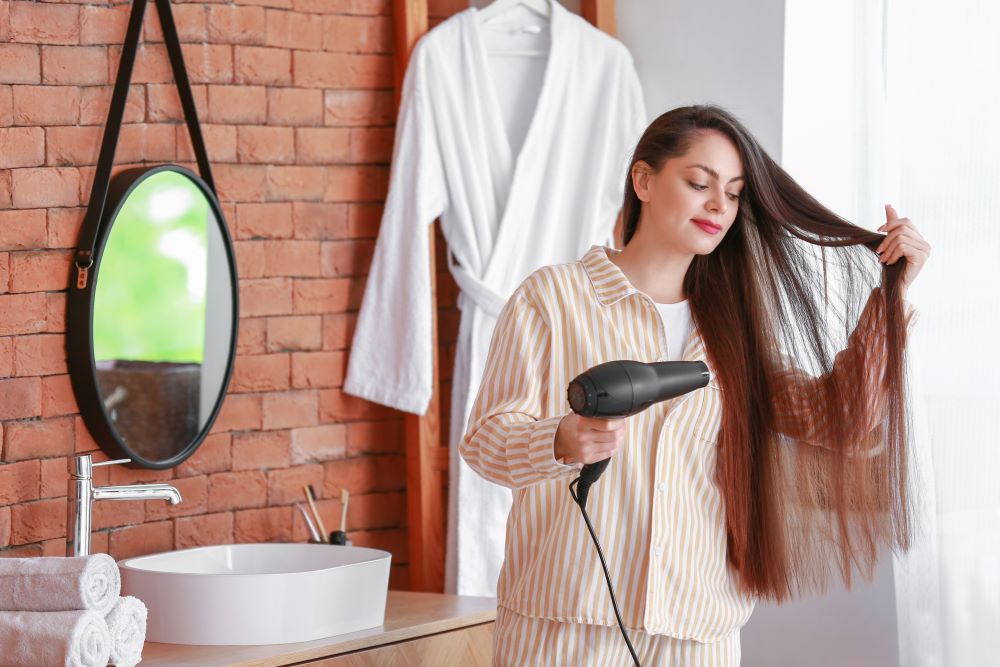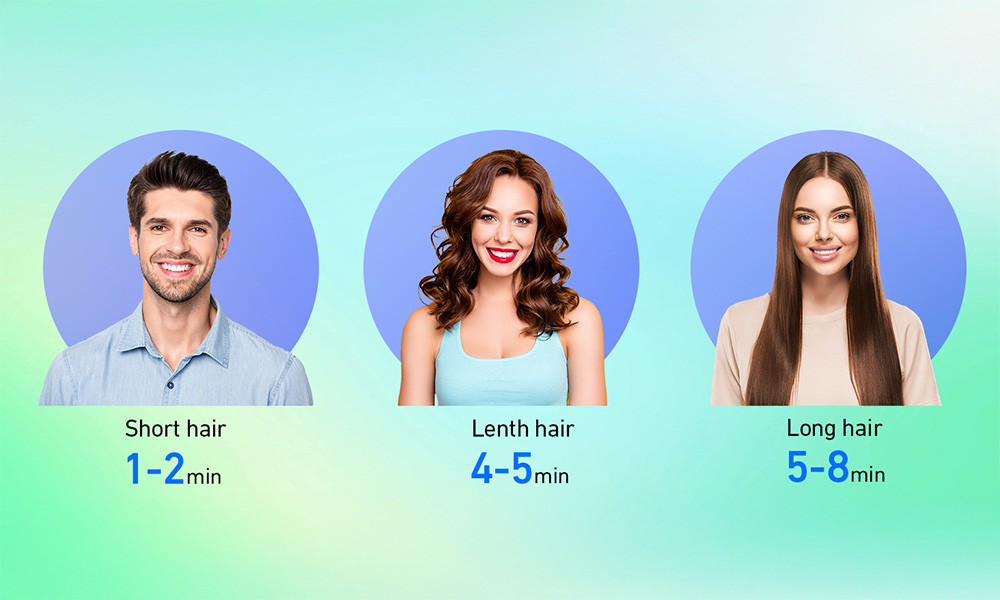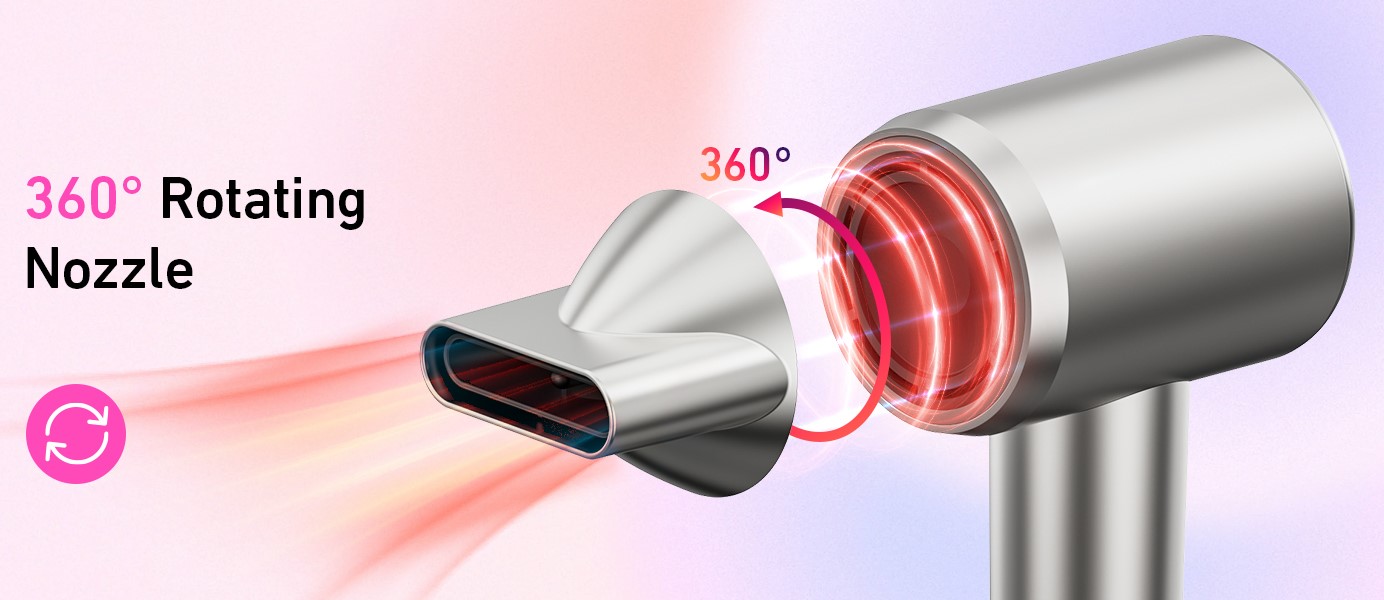
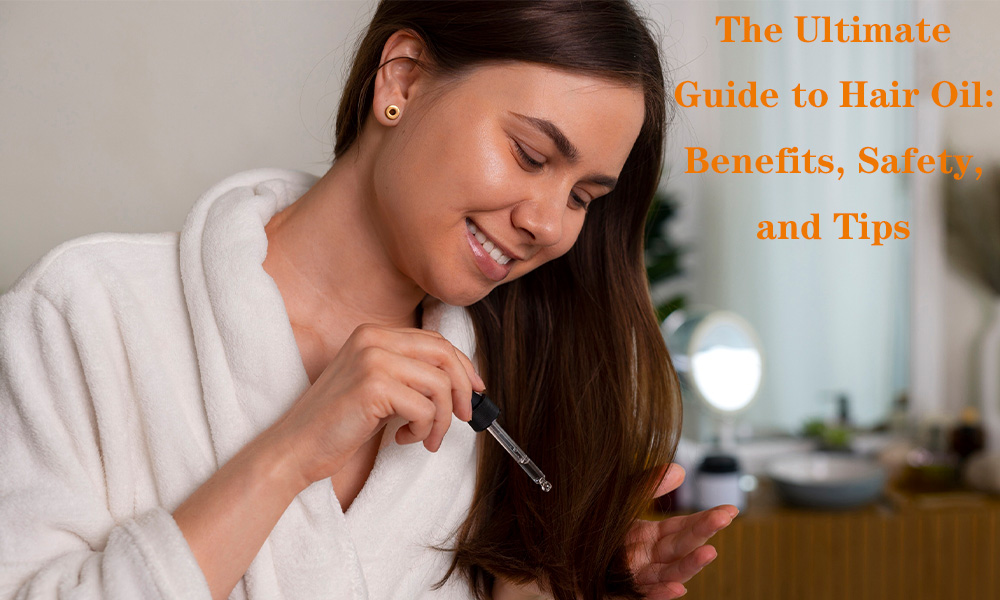
Hair oil has long been celebrated for its ability to nourish, hydrate, and restore hair. Whether you’re using it to combat dry scalp, split ends, or simply to maintain healthy hair, the benefits of hair oil are numerous. However, it is essential to consider not only the advantages but also the safety measures, potential side effects, and precautions for certain groups of individuals. In this comprehensive guide, we will explore the efficacy and safety of hair oil, its impact on scalp health, potential side effects of hair oil, and the precautions for children and pregnant women when using hair oil. Additionally, we’ll cover what to do if an allergic reaction occurs, particularly with oils like batana oil.
The Efficacy and Safety of Hair Oil
When it comes to hair health, oils such as argan, coconut, jojoba, and batana are some of the most widely used products. These oils are known for their moisturizing, nourishing, and conditioning properties. Regular use can promote stronger hair growth, reduce frizz, and restore shine to dry, damaged strands. But how effective are these oils in the long term, and are they safe for regular use?

How Hair Oil Works
Hair oils work by penetrating the hair shaft to deliver essential nutrients that promote moisture retention, improve elasticity, and reduce breakage. Oils like coconut oil contain fatty acids that help seal moisture into the hair, while argan oil is rich in antioxidants and vitamins that help repair damage caused by environmental factors and heat styling.
Safety Considerations
Most hair oils are safe for external use and are made from natural ingredients. However, it is important to use oils in moderation. Over-application can lead to greasy hair or clogged pores, especially on the scalp. Always choose oils that are non-comedogenic (won’t clog pores) and look for products that are free from harsh chemicals. It’s also essential to patch-test a small amount of oil before applying it to your entire scalp or hair to check for sensitivity.
The Impact of Using Hair Oil on Scalp Health
Using hair oil can provide remarkable benefits for your scalp, helping to nourish, balance, and improve its overall health. Oils like jojoba, coconut, and argan oil are popular for their moisturizing and soothing properties, but oils such as batana oil are gaining recognition for their unique ability to support scalp and hair health.
Hydration and Moisture Balance
Oils like coconut oil and jojoba oil are great at locking in moisture, keeping the scalp hydrated and soft. A hydrated scalp is less likely to experience dryness, itchiness, or flakiness, and it provides an ideal environment for hair to grow strong and healthy.
Promoting Hair Growth
Regular use of hair oils helps improve blood circulation on the scalp, stimulating hair follicles. This increased circulation can promote healthy hair growth. Argan oil, with its rich antioxidant content, also supports follicle health by protecting against oxidative stress, encouraging the growth of thicker and more resilient hair.
Soothing and Repairing
Many oils have anti-inflammatory properties that soothe irritated or inflamed scalps. Argan oil and jojoba oil can calm conditions like seborrheic dermatitis or psoriasis by reducing scalp inflammation.
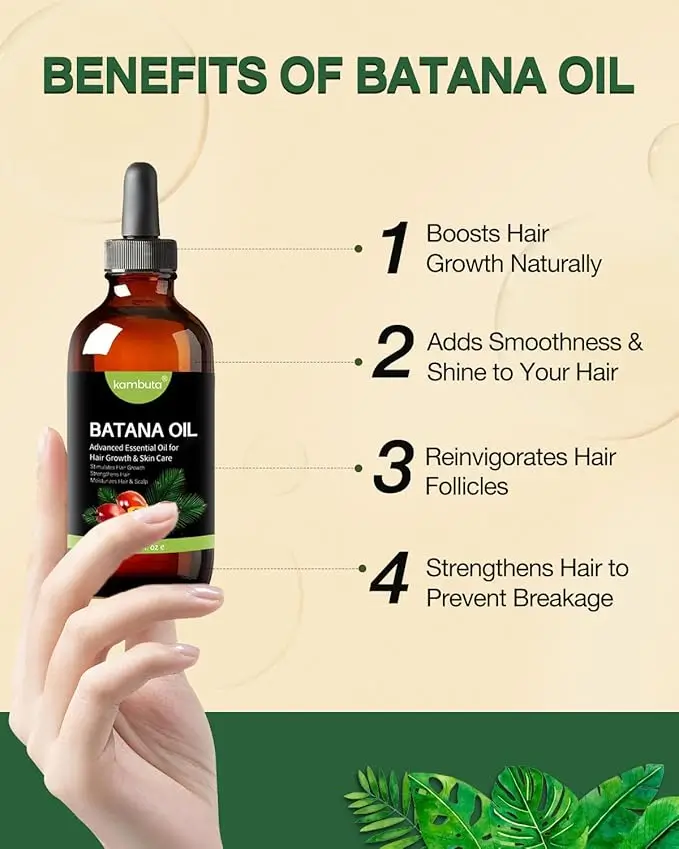
Batana Oil Benefits
Batana oil, known for its restorative properties, is particularly beneficial for a damaged or tired scalp. Extracted from the American palm tree, Batana oil is packed with essential fatty acids and vitamins that deeply nourish and rejuvenate the scalp. It helps restore moisture balance while promoting scalp health and strengthening hair follicles. Its anti-inflammatory and antioxidant properties also help reduce irritation, offering relief from scalp conditions.
When using Batana oil, however, it’s important to apply it in moderation, as excessive buildup can lead to clogged pores. Regular scalp cleansing is essential to maintaining a healthy balance.
Side Effects of Hair Oil and Prevention of Allergic Reactions
Though hair oils are generally safe, there are side effects that can occur, especially in individuals with sensitive skin or allergies to specific ingredients. Some of the most common side effects include irritation, itching, and allergic reactions.
Common Side Effects
Skin Irritation: The most common side effect is irritation, which can occur if the oil is too heavy for your skin type or if you use too much oil. This can lead to clogged pores, redness, and discomfort.
Allergic Reactions: Ingredients in certain oils like batana oil, almond oil, or argan oil can trigger allergies in some individuals. Symptoms may include hives, redness, swelling, hair loss, swelling, or difficulty breathing.
Preventing Allergic Reactions
To prevent allergic reactions, it’s essential to:
Perform a patch test before using any new hair oil. Apply a small amount of oil to the inside of your elbow and wait for 24 hours to check for any signs of irritation.
Consult a dermatologist if you’re unsure about your sensitivity to specific oils.
Choose oils that are 100% pure and organic to minimize the risk of contamination with additives or chemicals that could cause irritation.
Measures to Take After an Allergic Reaction to Batana Oil
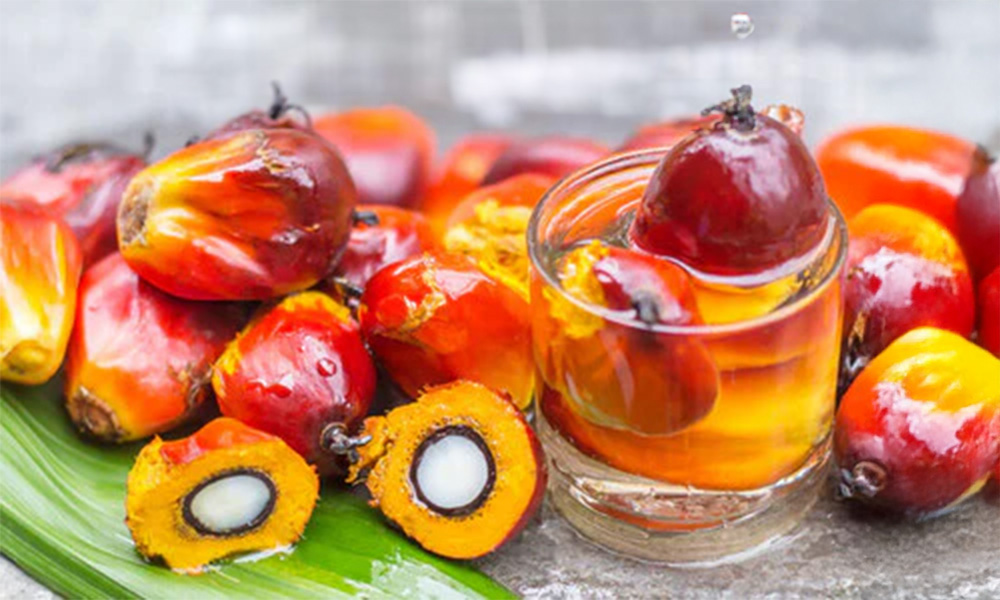
Batana oil, like other natural oils, has gained popularity for its hair-restoring properties. However, it can cause allergic reactions in some individuals, especially those with sensitive skin or nut allergies. Here’s what to do if you experience an allergic reaction after using batana oil:
Step 1: Stop Using the Oil Immediately
If you notice any signs of an allergic reaction, such as swelling, redness, or itching, discontinue use of batana oil right away. Avoid applying more oil or any other products that may further irritate the skin.
Step 2: Rinse the Area Thoroughly
Gently rinse your hair and scalp with lukewarm water to remove any residual oil. Avoid using hot water, as it can further irritate your skin.
Step 3: Apply a Cool Compress
To soothe any inflammation, apply a cool compress to the affected area. This can help reduce swelling and calm the skin.
Step 4: Use Over-the-Counter Remedies
If necessary, apply an over-the-counter antihistamine or hydrocortisone cream to reduce symptoms. If the symptoms persist or worsen, seek medical advice immediately.
Precautions for Children and Pregnant Women to Use Hair Oil

While hair oils offer significant benefits for hair health, extra care should be taken when using them on children or during pregnancy.
For Children
Patch Test: Always perform a patch test before applying hair oils on children, especially those with sensitive skin. Some oils may cause irritation or allergic reactions in children.
Avoid Essential Oils: Some essential oils can be too potent for young children, leading to respiratory issues or skin irritation. Always opt for milder oils like coconut oil or jojoba oil.
Consult a Pediatrician: If in doubt, always consult a pediatrician before using any hair oil on a child, particularly if the child has a history of skin conditions.
For Pregnant Women
Pregnant women should also exercise caution when using certain types of hair oil. Some essential oils may not be safe during pregnancy due to their strong bioactive properties. It’s best to avoid oils such as rosemary oil or tea tree oil, as they can cause hormonal imbalances. Coconut oil and argan oil are generally considered safe for pregnancy, but always consult with a healthcare provider beforehand.
Conclusion
Hair oils, when used properly, can provide excellent benefits for your hair and scalp health. However, understanding the efficacy, potential side effects, and safety measures are key to ensuring a positive experience. By taking the necessary precautions, such as conducting patch tests, selecting appropriate oils, and considering special circumstances like pregnancy or allergies, you can safely enjoy the many benefits that hair oils offer.
Always remember that moderation is key, and proper research and care can go a long way in keeping your hair and scalp healthy.
Popular Post

Ultimate Guide to Using a Hair Dryer with Nozzle for Styling
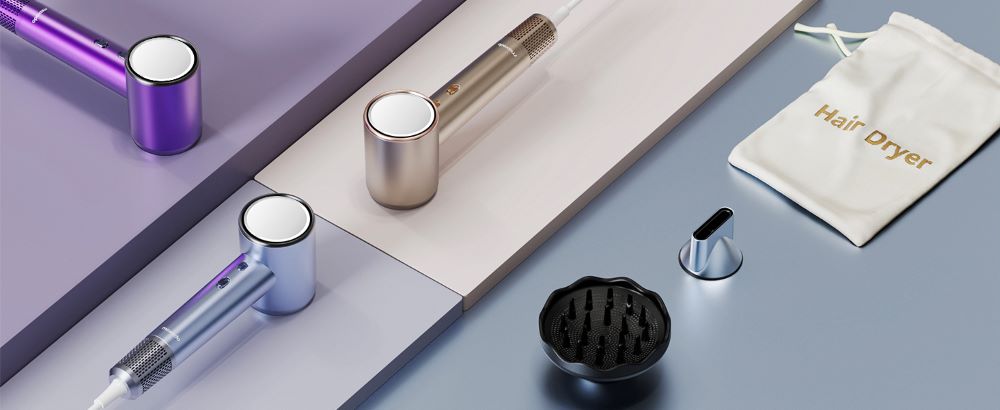
The Benefits of Using a Hair Dryer with a Diffuser
